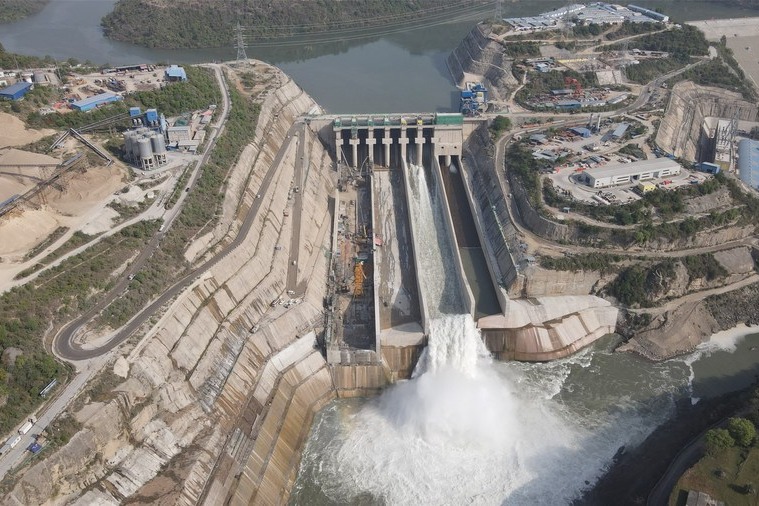Antarctica losing its ice sheets at an alarming rate


TAMPA, Florida - Global warming is melting ice in Antarctica faster than ever before - about six times more per year now than 40 years ago - leading to increasingly high sea levels worldwide, scientists warned on Monday.
Already, the melting ice on Antarctica has raised global sea levels more than 1.4 centimeters between 1979-2017, according to the report in the Proceedings of the National Academy of Sciences, a peer-reviewed US journal.
And the pace of melting is expected to lead to disastrous sea level rise in the years to come, according to lead author Eric Rignot, chair of Earth system science at the University of California, Irvine.
"As the Antarctic ice sheet continues to melt away, we expect multimeter sea level rise from Antarctica in the coming centuries," Rignot said.
A rise of 1.8 meters by 2100, as some scientists forecast in worst-case scenarios would flood many coastal cities that are home to millions of people around the world, previous research has shown.
For the current study, researchers embarked on the longest-ever assessment of ice mass in the Antarctic, across 18 geographic regions.
Data came from high-resolution aerial photographs taken by NASA planes, along with satellite radar from multiple space agencies.
Researchers discovered that between 1979 and 1990, Antarctica shed an average of 40 billion tons of ice mass annually.
By the years 2009-17, the ice loss had increased more than sixfold, to 252 billion tons per year.
Even more worrying, researchers found that areas that were once considered "stable and immune to change" in East Antarctica, are shedding quite a lot of ice, too, according to the study.
"The Wilkes Land sector of East Antarctica has, overall, always been an important participant in the mass loss, even as far back as the 1980s, as our research has shown," Rignot said.
"This region is probably more sensitive to climate than has traditionally been assumed, and that's important to know.
Agence France-Presse



































